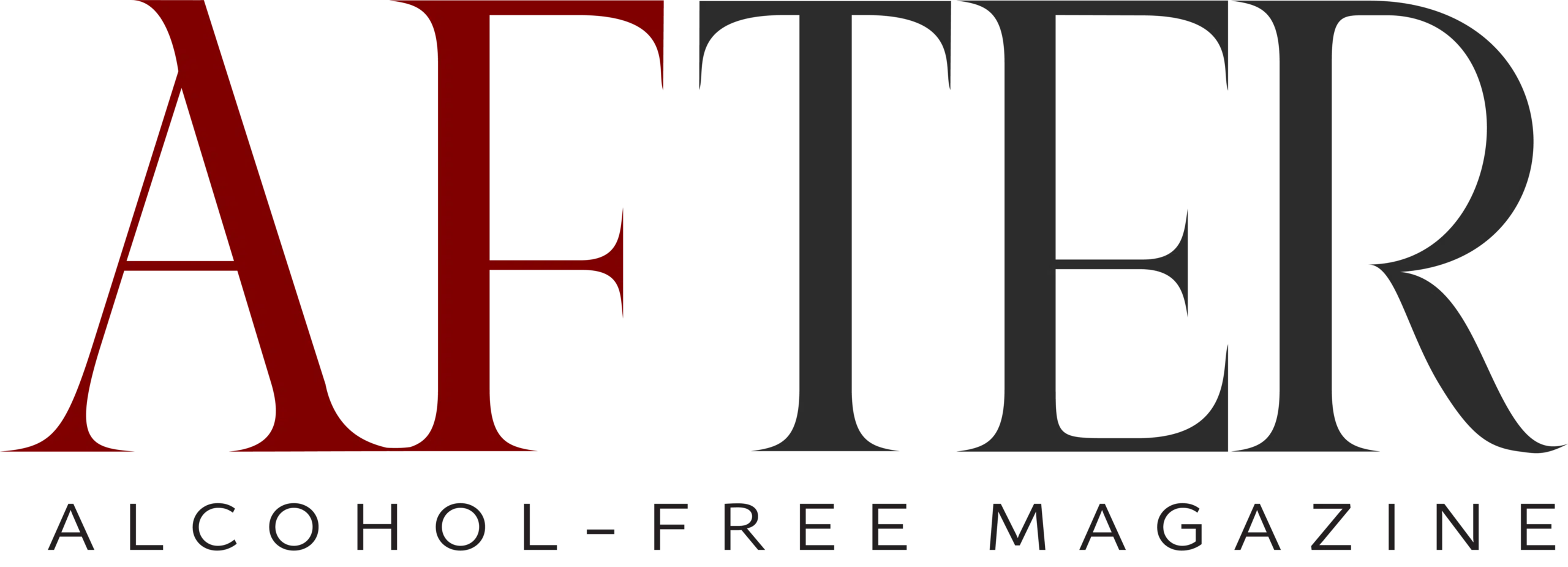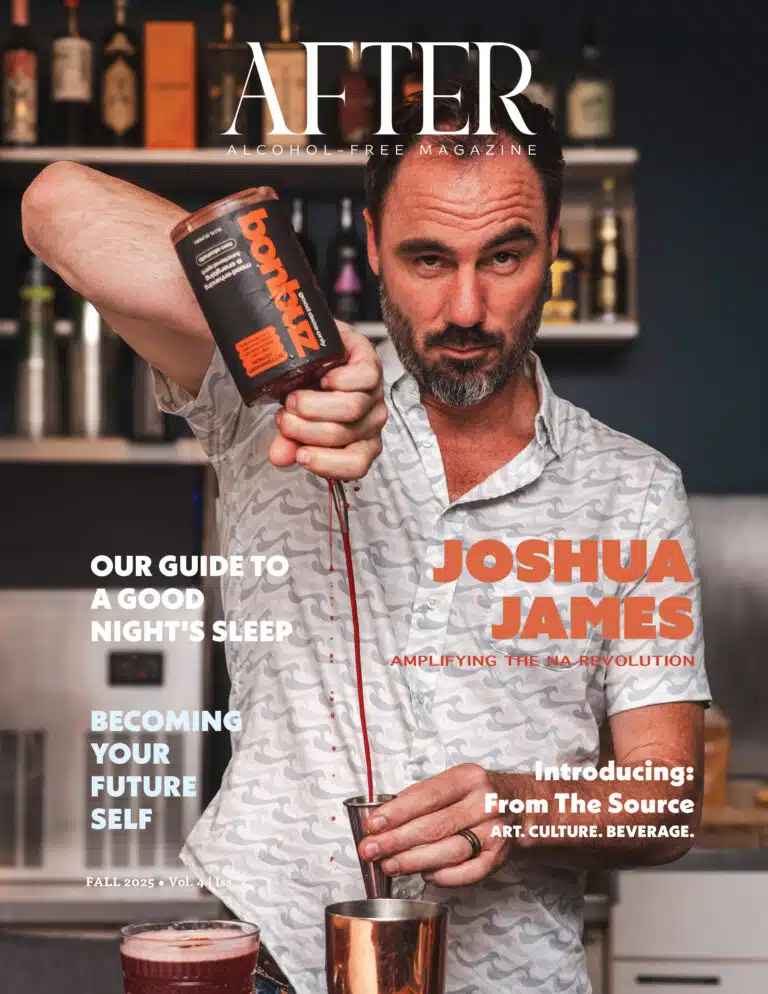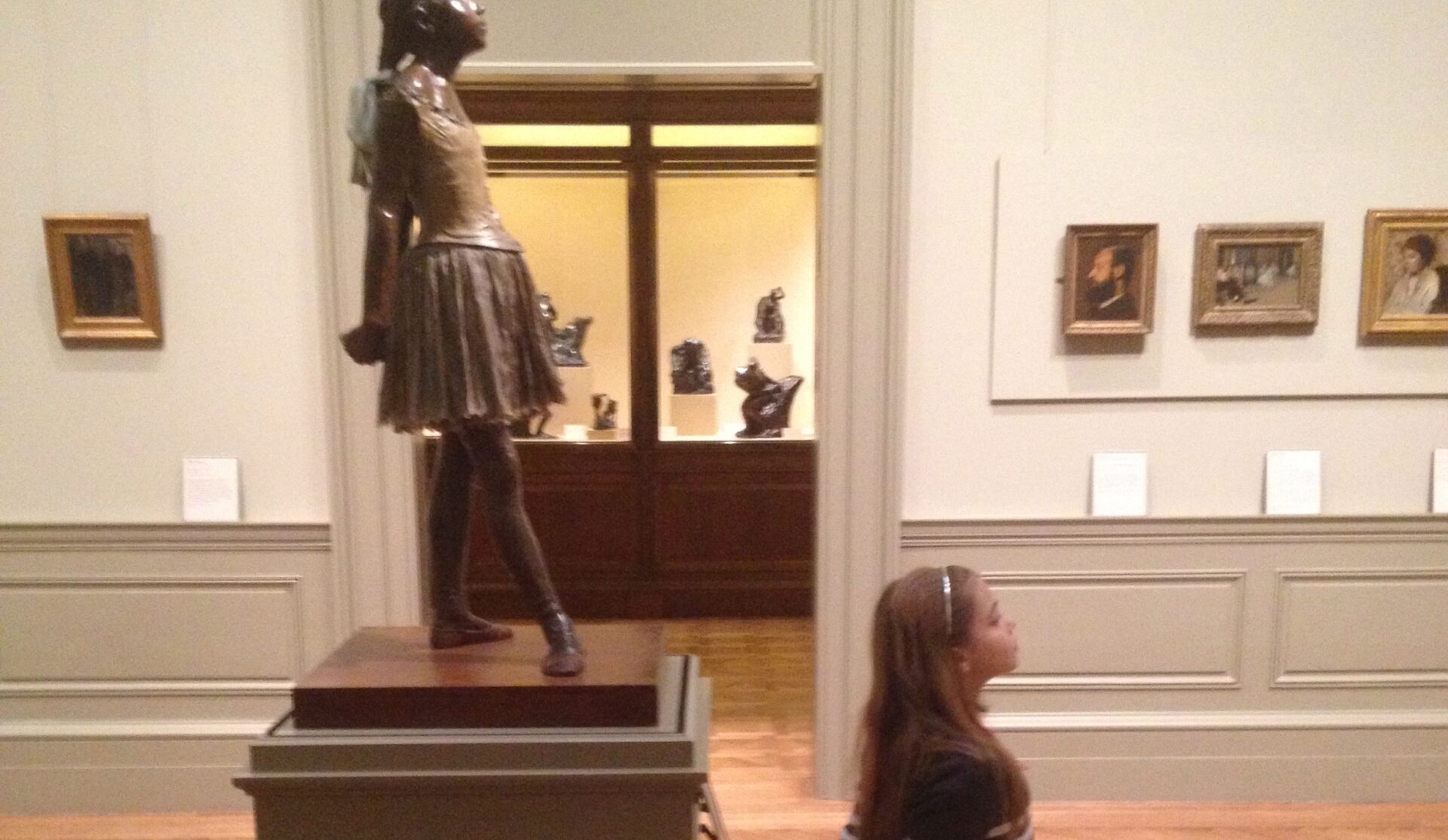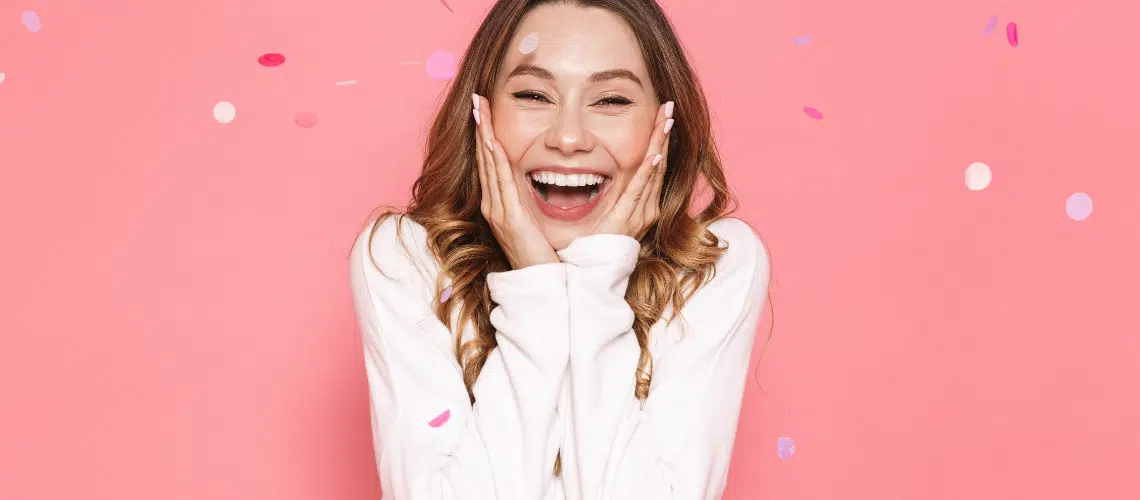As an artist, actor, writer, and teacher, my day-to-day life doesn’t always look like everyone else’s. I’m usually in the midst of one creative process or another and I’ve learned to accept that the creative life—and maybe even the artist as a person—are sometimes just inherently different. I’ve spent many a day, however, out in the world feeling like I’m flying a massive “freak flag.” It’s been a process to learn to not only come to terms with that feeling but, just maybe, to embrace it.
As a successful actor in my 20s and 30s, these special qualities had a certain appeal. Being different was seen as a good thing—glamorous even. But in regular life? Mmm, not so much. Being different can be unsettling for the people around you. It makes you seem like an outsider and a potential threat to the status quo. That special “freak flag” sometimes looks more like a neon sign flashing “Weirdo.”
I’ve embraced creative expression all my life while also often grappling with a desire to try to “fit in.” At 15 years old I was teaching piano lessons. At 19 I starred as the lead actress on a popular Canadian TV series. At 30 I produced, wrote, and starred in an award-winning short film. In my 30s I left acting to focus on healing. I became a life coach and certified Reiki master. With that work under my belt, I returned to my first artistic love—crafting—and wrote a book Crafting a Better Life.
At different times throughout these endeavors, alcohol has come and gone from my life. My TV and film work was accomplished alcohol-free while a lot of my crafting projects—particularly those that ended up in the trash—were not. I’ve seen how alcohol relates to creative expression and, for me, how being sober led to the most liberating expression of all: allowing my true self to be seen.
It’s a common misconception among artists that mind-altering substances fuel creativity—that our “creative juices” flow more freely when we are drunk or high. In my experience, you might think “juices” are flowing when you are inebriated, but the actual creative output is totally hit or miss. Creating when drunk vs. creating when sober leads to a very different quality of work and very different energy surrounding the process.
The act of creativity requires opening the doors to your inner world including the places where your imagination, your authentic self, and your inner critic live. This can be scary stuff and is part of the battle that artists face daily. An artist under the influence of alcohol might feel temporarily freer like those doors are opening as alcohol releases inhibition and quiets the inner critic. But there’s a problem: it only feels like you’re accessing your inner self, and in this state, the quality control switch has gone offline. You may feel prolific and even confident when inebriated, but you also lack the focus to discern which creative prompts are worth your time, not to mention the lack of coordination and suboptimal motor skills. Creating while drinking can result in half-baked ideas, inconsistent flow, and sloppy results. To compound the issue, alcohol squelches our ability to think creatively long after we sober up. The initial rush that alcohol offers during the first few sips fades after about 20 minutes. What follows is a surge of anxiety that can last for twenty-four hours, sometimes longer. Rarely does anyone embrace their creative side when they are caught up in throws of anxiety.
Expressing your creativity while sober may require an extra push at the start. Take away the liquid courage of a glass—or a bottle—of wine and suddenly being this “colorful crafty person” seems a bit more plain, or just plain strange. But this is where the real work begins. You may need to prioritize finding inspiration and motivation each day, flesh out ideas more deliberately, and create new patterns. Once you adjust, however, the ability to stick with the process and journey through the nuances of creativity is far stronger. When sober, we are present for our likes and dislikes, our feelings and desires. This, in turn, helps us to create a more compassionate and authentic relationship with ourselves—the only way to reach the realest forms of self-expression.
Becoming alcohol-free has enhanced my ability to make more authentic and liberating choices. Alcohol had me trapped in a daily drama where insecurity, isolation, and constant second-guessing took center stage. Being sober has offered me the opportunity for deep inner growth. It has pushed me to overcome fears and vulnerabilities that I thought I had left behind when I decided to walk away from the film industry, including the desire to fit in. I’ve been learning to embrace my differences and let my “freak flag” fly a little more boldly.
Making the decision to live alcohol-free was the first step towards healing my wounds and dealing with those dark emotions. For me, drinking was a way of protecting myself. Despite feeling lonely and isolated, it helped to keep me somewhat safe. Without alcohol, I not only have the confidence to share my talents, I also now have a far stronger desire to contribute to the world. Being sober has empowered me as a coach and Reiki master and as a teacher and artist. Today, I’m offering classes that fuse personal growth, healing energy, and artistic expression that I never could have taught if I was still drinking. I wouldn’t have even thought to offer such classes when drinking. Today they are my primary passion.
This past February, I embarked on a sober weekend retreat where I was presented with the wonderful opportunity to share my passions and teach a crafting class. Over 100 women from all over the country would be gathering together to celebrate and support one another on their alcohol-free journeys. I was prepared, I’d done the work, and I was excited to attend the weekend and teach my class. Yet, despite the years of teaching I had under my belt, I found myself feeling insecure and awkward and experiencing a strong desire to shut down.
Thankfully, I recognized that I was standing on the precipice that appears when the rubber meets the road, so to speak. By agreeing to lead a creative workshop, I had unknowingly enlisted in what would be a turning point in my life. It was time for me to embody the saying I often share with my clients, “Leap and the net will appear.”
“Deep breath,” I told myself “You’ve got this!” and I jumped off the cliff.
I knew what I had to do to foster the connection I needed. I flew my “freak flag” with enthusiasm, tapping into the common thread I see among people in recovery—discovering the salve of human connection compared with the isolation of drinking. I issued two bold invitations to all of the event participants:
The first invitation: “You will see me knitting or coloring in the lobby. Come play with me anytime!” I put the invitation out there and people from all over joined me throughout the weekend. The second invitation: “I’ll be offering a Reiki meditation in the lobby. Come meditate with me.” To my delight, the meditation session was well attended and was followed by an intimate conversation ranging from mystical experiences to tips on how to improve our golf games. My official crafting class was a fun and playful break from the serious topics being discussed over the weekend and we had a blast there as well!
My leap of faith paid off. I learned that I can create a space where vulnerability and artistic expression are more than just welcome, they are sought after and celebrated. My “freak flag” finally morphed into a loving parachute that allowed me to land softly on this new ground.
***




